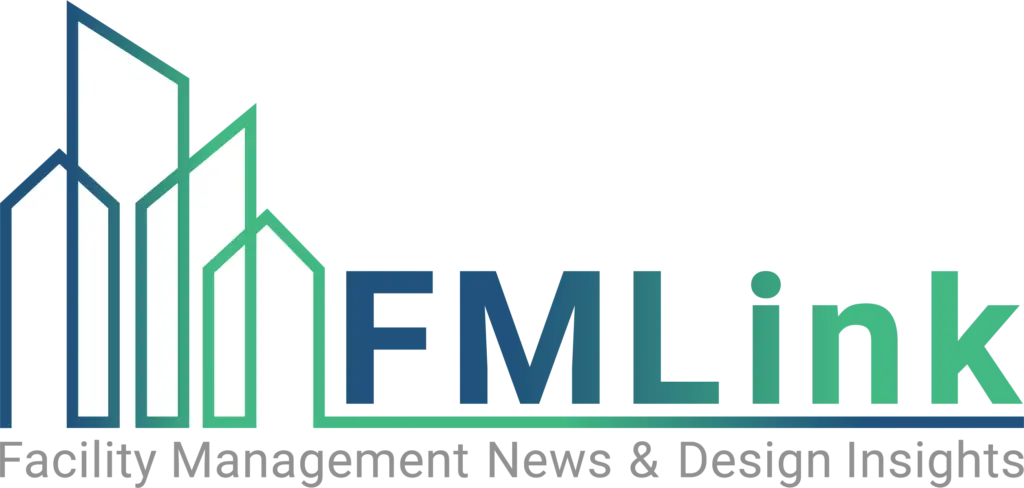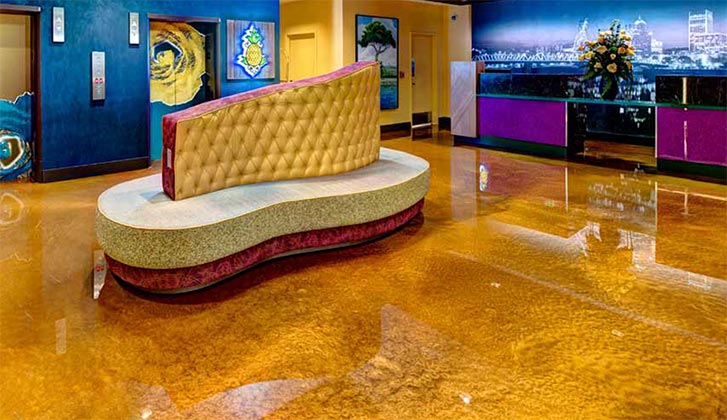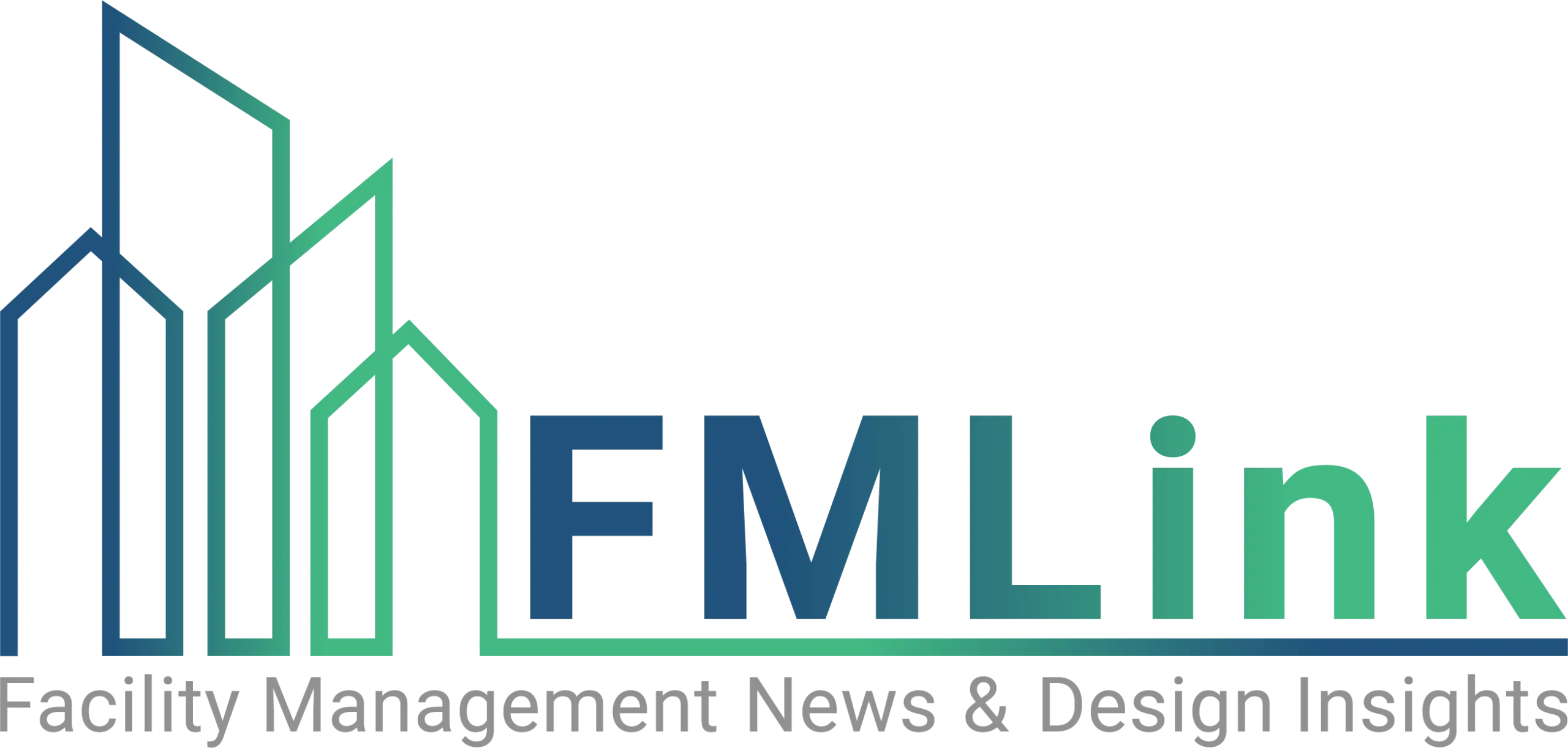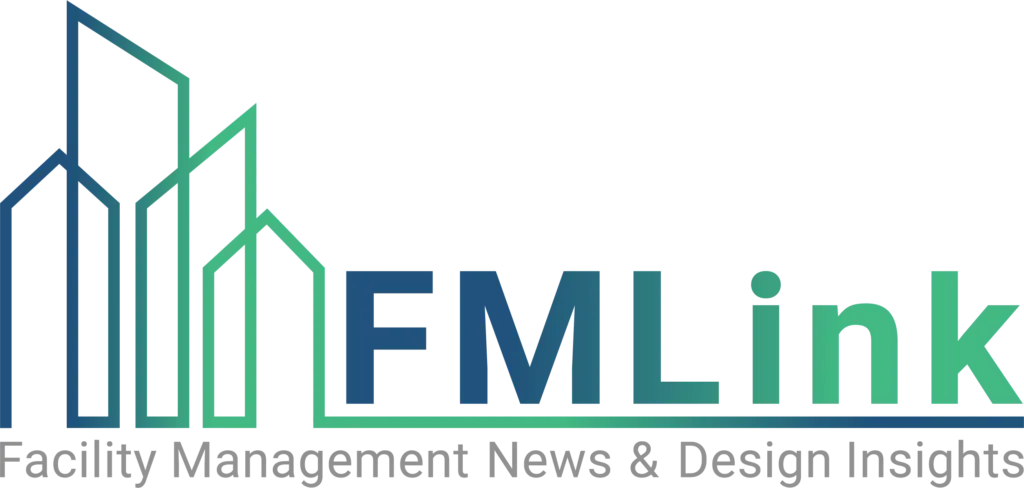The United States is on the verge of a labor crisis. Some 64 million baby boomers are preparing to retire and several industries soon will be faced with a large void in technically skilled and experienced workers. The National Association of Manufacturers projects that by 2020, some 10 million skilled workers will be needed.
While the younger generation can learn the technical skills and know-how to design and maintain engineered systems, they cannot replace the decades of experience and wisdom that retiring industry veterans are taking with them. This problem is compounded by a decline in people entering the industry. Over the next 10 years, some experts predict a shortfall of 40,000 engineers and technicians.
There are already approximately 60,000 unfilled HVAC jobs in the industry and that number is expected to grow as more baby boomers retire, according to the Dealer Training Center, a company providing online training and education for the trades.
As a result, many companies will be left searching for facility engineers to keep their facility systems functional and running smoothly. However, with some foresight and advanced planning, the effects of this issue can be reduced or even eliminated.
One way to combat the growing void of knowledgeable, experienced technicians and to ensure your facility gets the service and support it needs is to implement or seek out training and mentoring programs. These programs come in many forms, including on-site training, partnerships with technical colleges or universities and employee mentoring programs. Regardless of form, these programs are essential to ensuring the availability of skilled workers for the future of the facility engineering industry.
TRAINING FROM MANUFACTURERS
Some equipment manufacturers have already recognized the need for continuing education. These companies offer an array of training programs to meet this growing need. Training classes and seminars can help ensure your engineers receive training on new and emerging technologies, which will enable you to operate engineered systems in your facility now, and in the future.
When determining what supplier to go with when selecting equipment for your facility, look for companies who offer training programs designed for varying levels of engineers in your organization, including maintenance personnel, boiler operators, facility and energy managers. Make sure their programs emphasize proper, efficient and safe operation that leads to energy savings, especially since the cost of energy continues to rise and many state and local governments are adopting clean air acts. Remember, reducing energy consumption through efficiency enhancements, reduces the carbon footprint.
ON-SITE AND REGIONAL CUSTOMER TRAINING
A few manufacturers offer on-site and regional training for facility engineers, boiler operators, and maintenance personnel. By offering company-specific training programs, manufacturers are helping to ensure facility engineers receive the support they need to make sure their systems are current and continue to work properly.
These manufacturers offer different levels of on-site and regional customer training programs throughout the United States, and in many cases, will customize the program(s).
These programs may be one day seminars, while others may be more intensive training classes that are two-to-three days long. The customized programs will target specific needs and concerns. For example, if your engineers need continuing education on how to increase efficiency in their HVAC system, the supplier can design a program around this topic and offer it in a timeframe that fits the employees schedules. In some cases, training may be offered via the web, allowing increased participation and lowering costs.
EDUCATIONAL ALLIANCES
Another way to ensure the availability of a highly skilled, well-trained workforce and fill the increasing workforce gap in the marketplace is by building educational alliances with schools, universities and technical colleges.
By building relationships with local universities and technical schools that offer programs in your industry, you will have access to future workers, and can help recruit students into industry-specific degree programs. And, its also possible that these partnerships will allow your employees to train on newer, technologically advanced equipment, helping to further their understanding of your companys systems. In many cases, manufacturers donate equipment to schools.
Another viable option is to have an experienced facility engineer assist schools with their HVAC or other facility engineering curriculum to ensure students are learning the exact skills that you will demand from them upon graduation. Companies can have representatives sit on the board of directors at local universities and technical colleges to help craft course content and become more involved in shaping the knowledge base of future graduates. This will also give them access to students they can hire and support as they complete their degree by helping them financially and allowing them the necessary time off to attend class and study.
EMPLOYEE MENTORING PROGRAMS
One way to ensure you and your company have access to skilled, experienced workers is to develop and implement mentoring programs. This type of program would consist of a younger employee being mentored by a more experienced worker.
Engineers who have been in the industry for decades can be paired with younger workers to share their experiences and mistakes, helping the younger workers move more quickly up the ladder. The younger employees benefit from many years of experience and to see them capitalize on knowledge that already exists is both rewarding for the company, and the individual imparting the knowledge. Mentoring programs also help companies fill in the gaps that retiring employees have left.
A mentoring program can have a positive influence on the overall attitude and work environment in a company as well. The more experienced workers feel their talents and experience is appreciated and needed, while the younger employees feel like the company is committed to investing in their future.
FLEXIBILITY HELPS RETAIN EXPERIENCED RESOURCES
In order to offer mentoring programs, companies must offer a flexible work schedule to its experienced workers who have reached retirement age.
Some companies offer their more experienced workers the option to work part-time, become a trainer or sales representative or even remain with the organization as a consultant. In many situations, once the older employee has successfully mentored the younger worker, he/she moves into a position off the manufacturing floor, or a more responsible job within the office.
TRAINING IS ESSENTIAL TO MOVE FORWARD
Working with manufacturers, suppliers and schools will give you access to seminars and training classes, new and emerging technologies and potential recruits. These components are all essential, especially if you want your company to continue operating successfully in this ever increasingly competitive world.
Training is essential for all facility operations because energy, emissions, reliability and safety are important for all systems.




